When it comes to the Voice, Anthony Albanese is breaking all the rules for successfully changing the constitution. First, he hasn’t throughly explained how the change would work. Second, he hasn’t given both sides of the argument a fair go to make their point. And third, he’s made no effort to make his proposal bi-partisan, beyond trying to bully the Coalition into supporting it on the grounds that it would be disrespectful, even racist not to.
Already a subscriber? Log in
Subscribe for just $2 a week
Try a month of The Spectator Australia absolutely free and without commitment. Not only that but – if you choose to continue – you’ll pay just $2 a week for your first year.
- Unlimited access to spectator.com.au and app
- The weekly edition on the Spectator Australia app
- Spectator podcasts and newsletters
- Full access to spectator.co.uk
Or
Unlock this article
You might disagree with half of it, but you’ll enjoy reading all of it. Try your first month for free, then just $2 a week for the remainder of your first year.

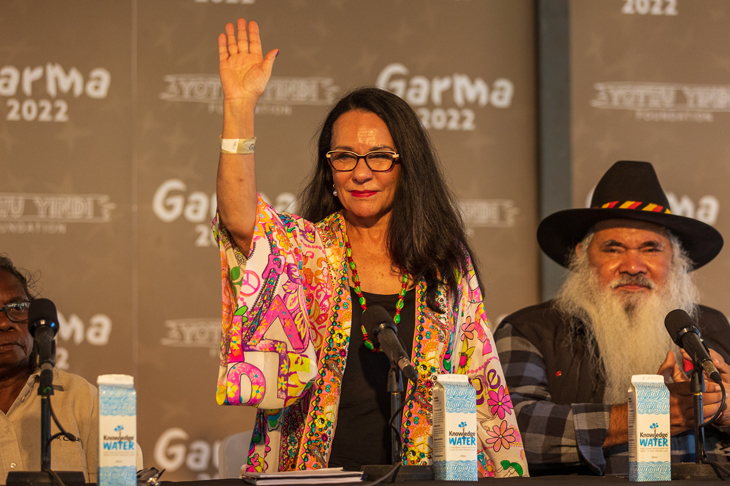
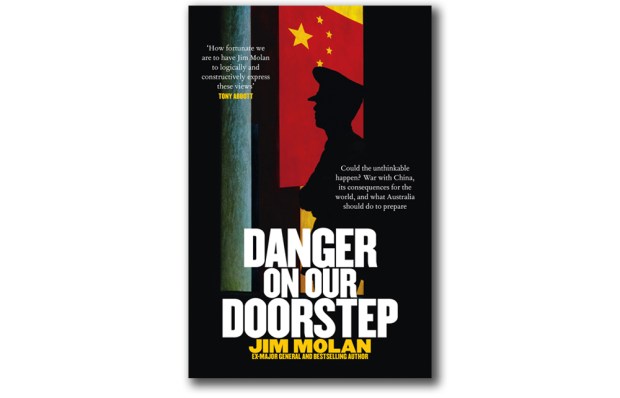
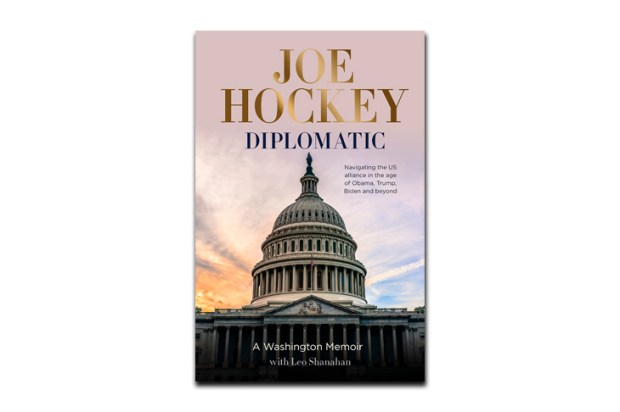
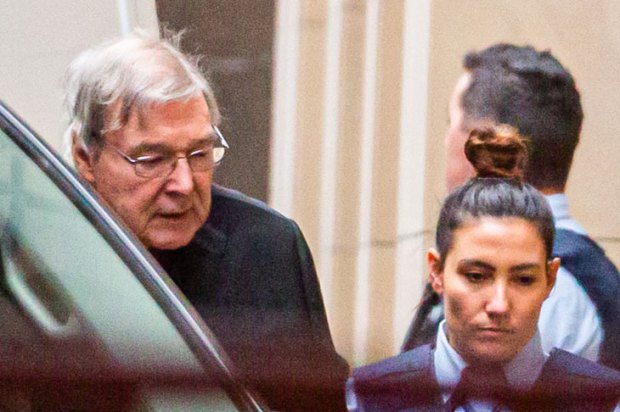
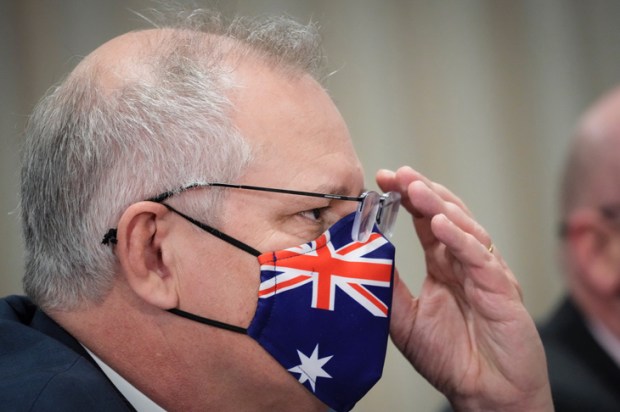
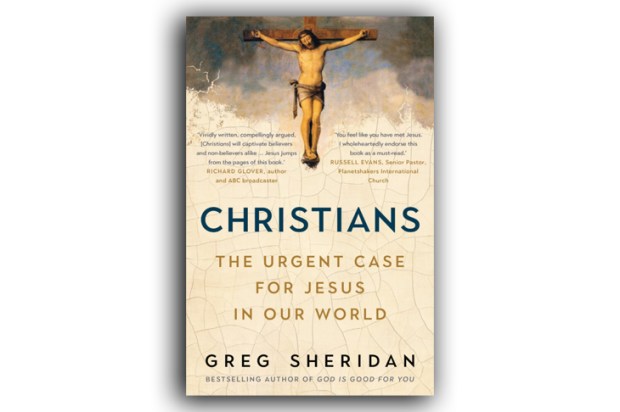
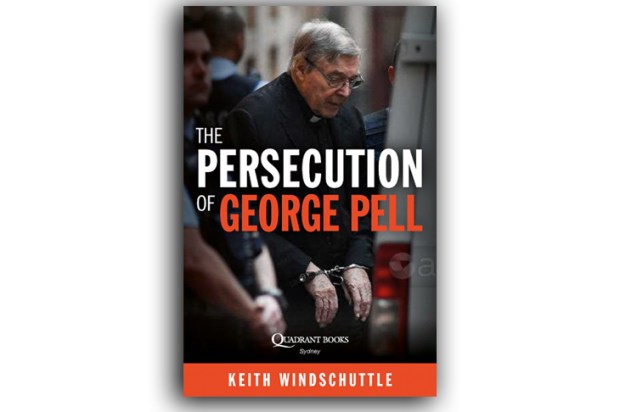






Comments
Don't miss out
Join the conversation with other Spectator Australia readers. Subscribe to leave a comment.
SUBSCRIBEAlready a subscriber? Log in